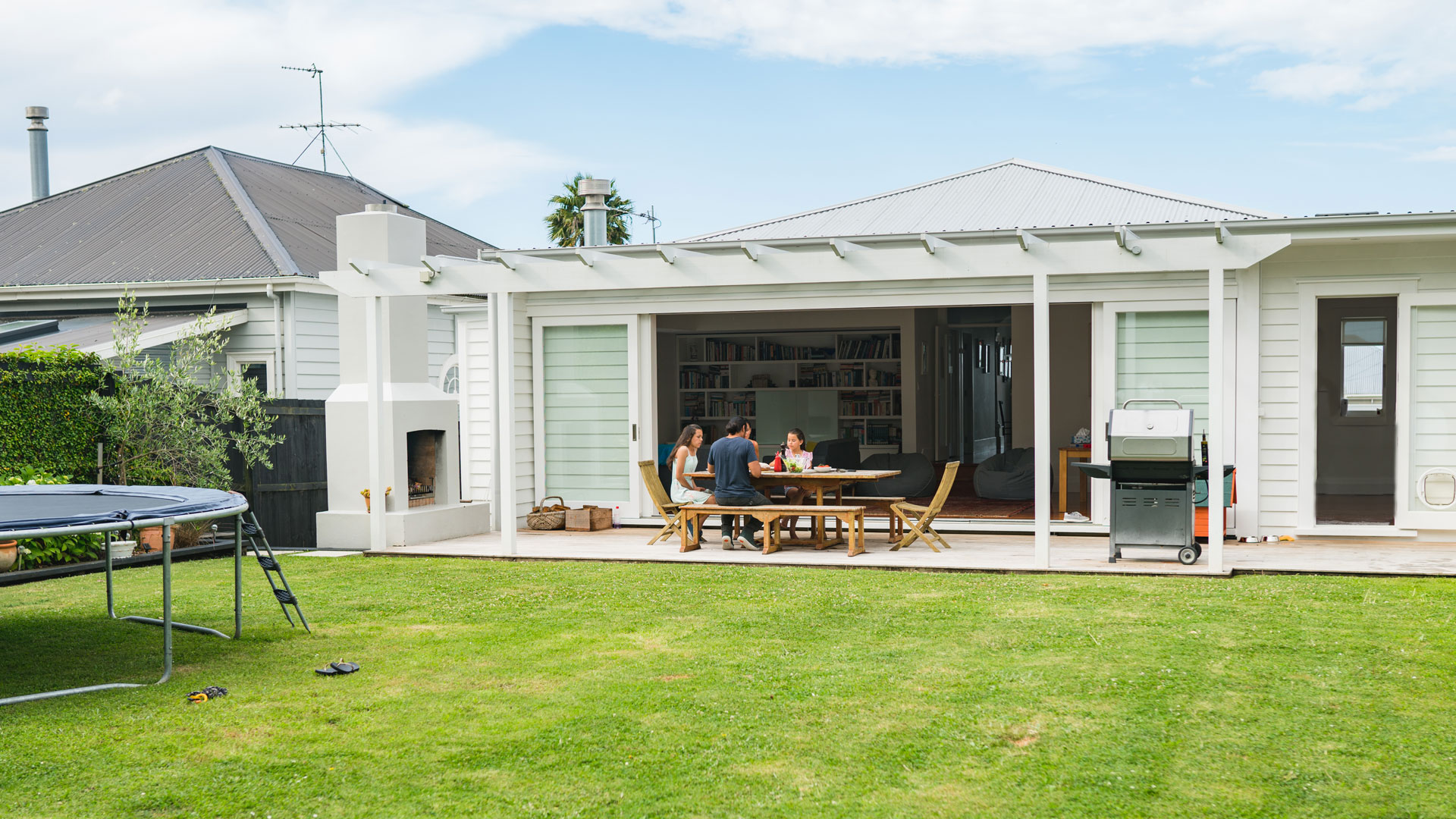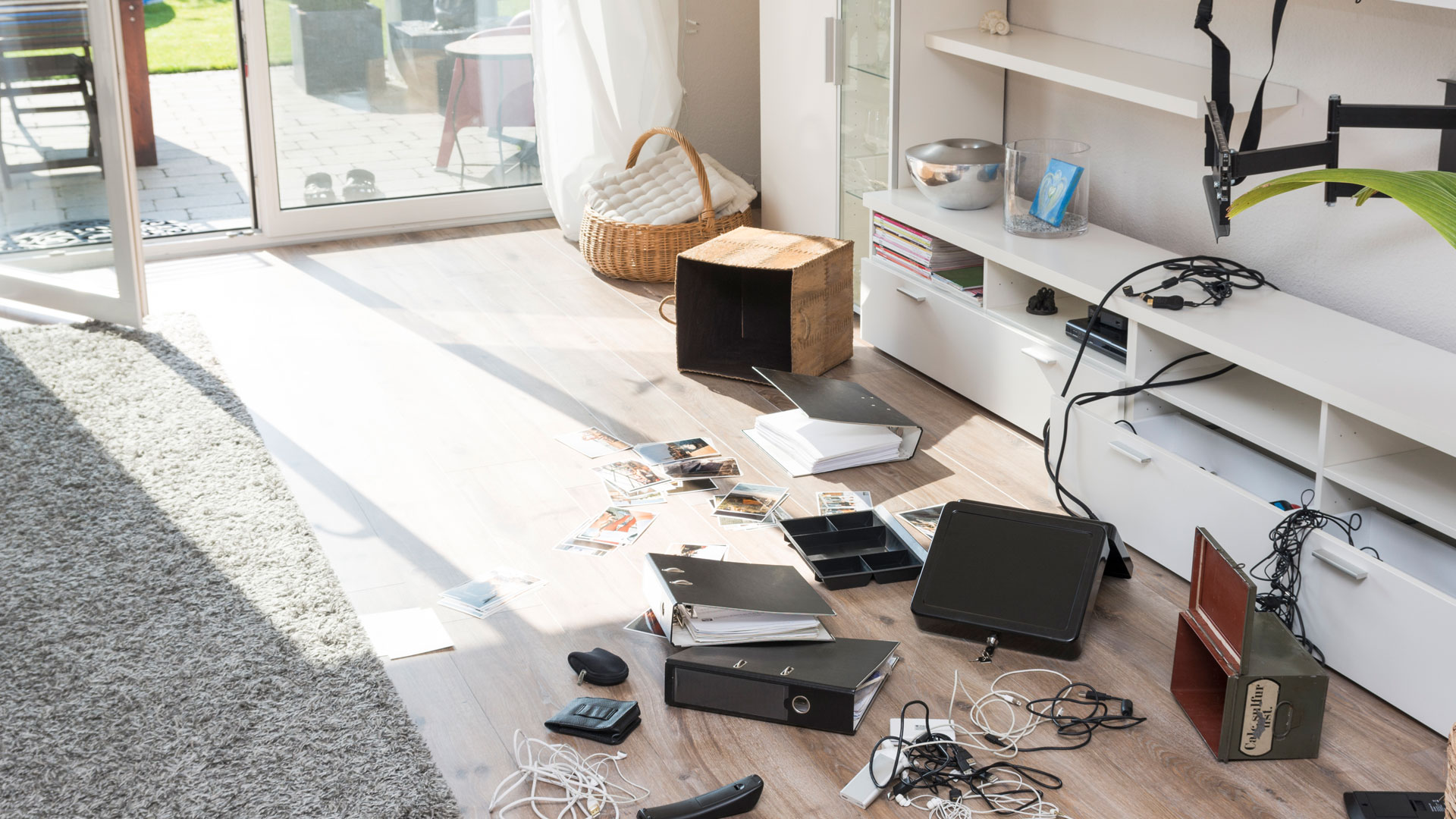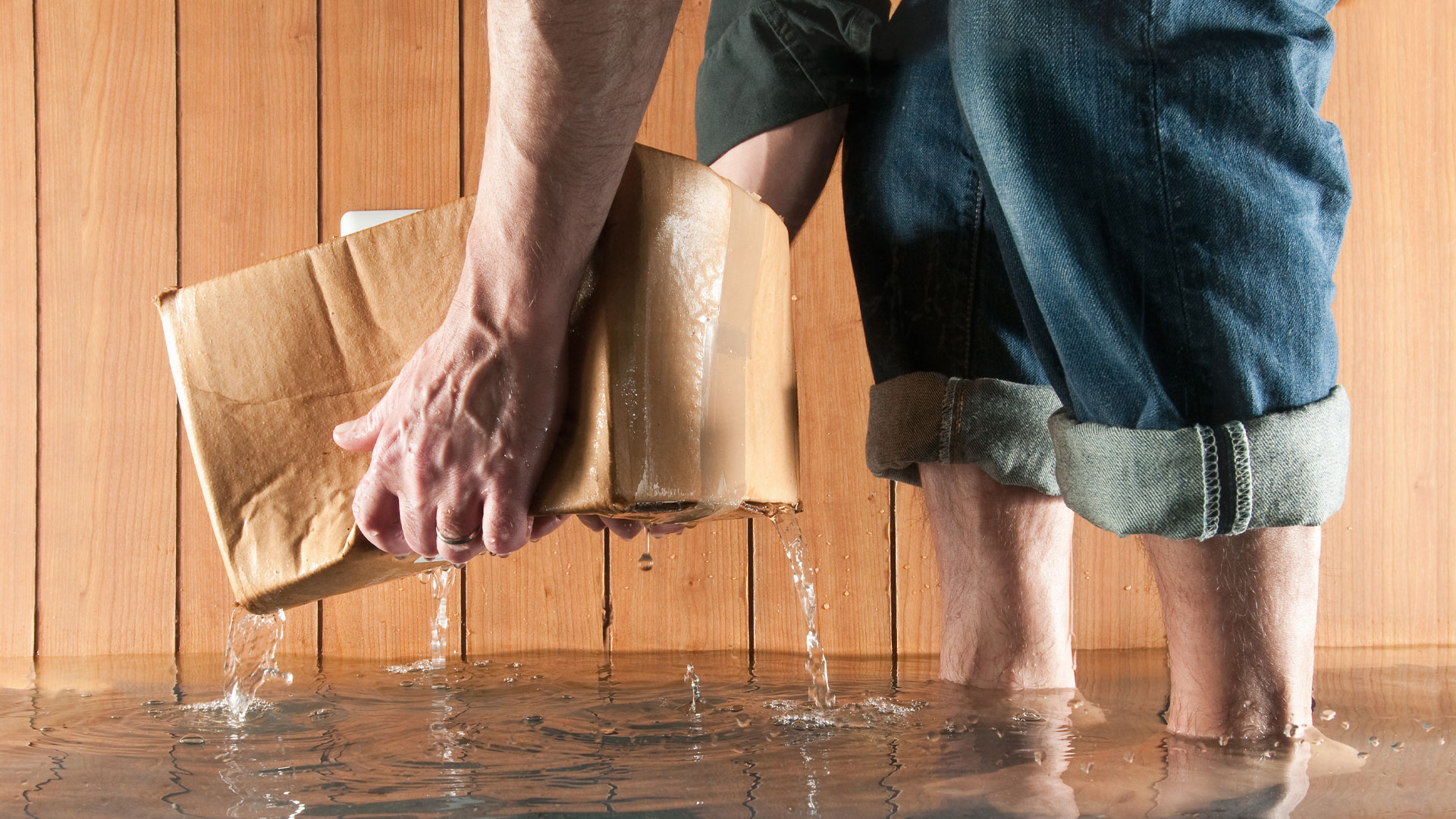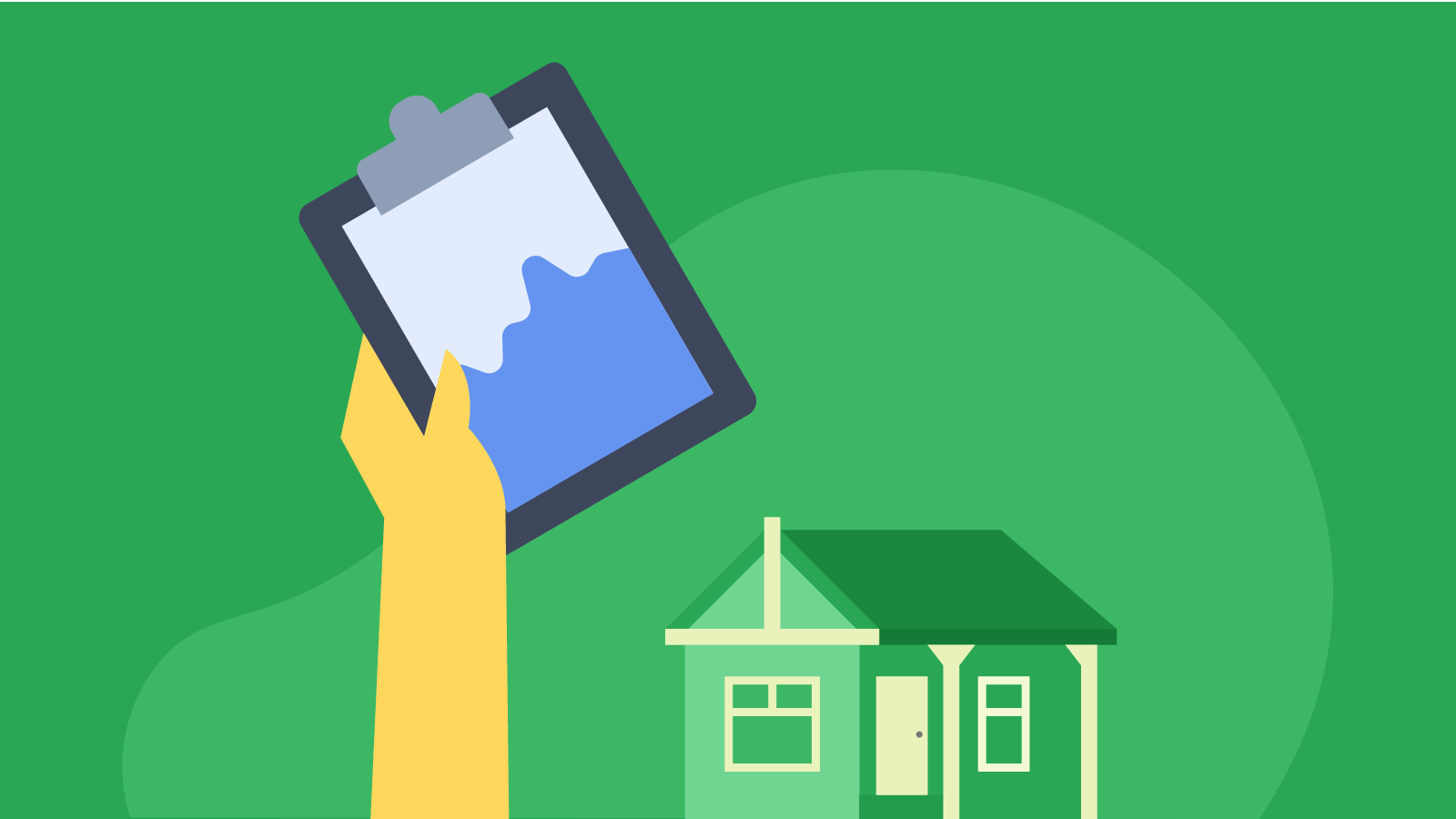Buying guide
How to reduce your home insurance premiums in NZ
Be savvy, without compromising on this important safety net.
.png)
What is home insurance in NZ?
Home insurance is a vital safety net for your property.
Home insurance vs. contents insurance
How much does home insurance cost in NZ?
How to reduce the costs of your home insurance premium
1. Factor insurance into your home choice
Certain parts of NZ are more prone to natural disasters, like flooding.
2. Look for policies with no claims discounts
3. Be smart about how you pay
4. Think security
5. Understand what you’ll actually get
6. Increase your excess
7. Don’t buy unnecessary extras
Looking to find a home worth insuring?
Check out the wide range of homes currently listed on Trade Me Property.
Search now Author
Discover More
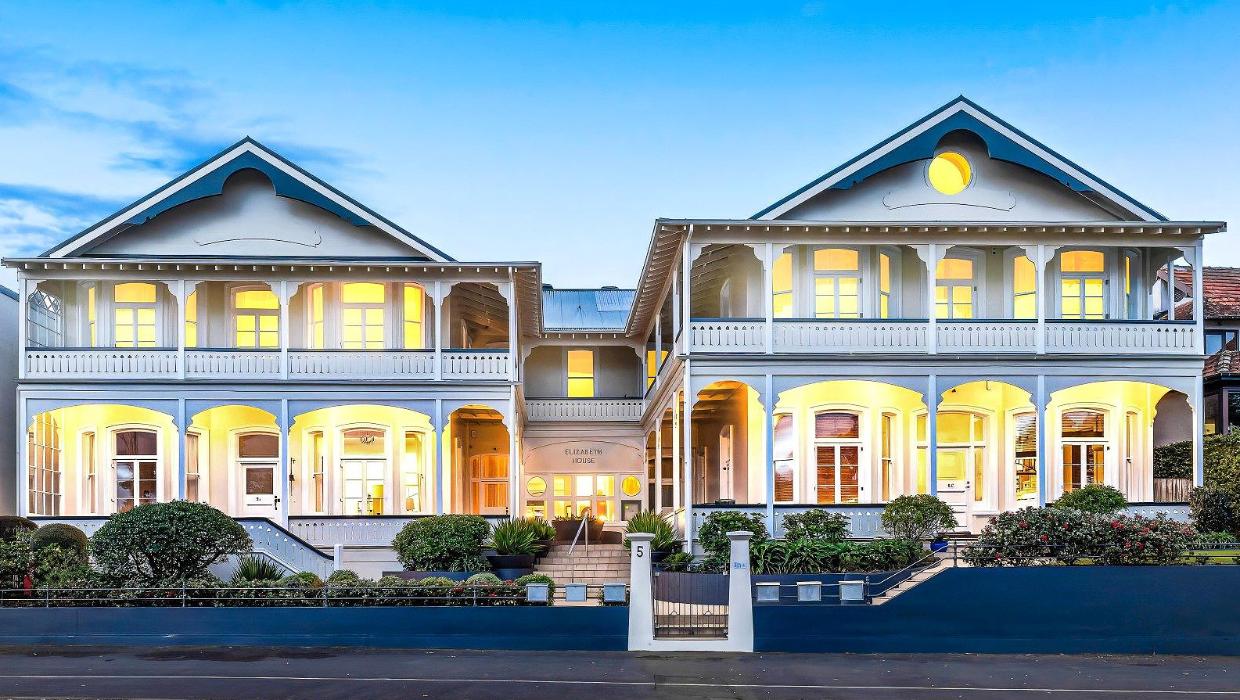
‘No ship comes in without my permission’: Devonport heritage apartment listed
Anyone who has been to Devonport will surely recognise Elizabeth House the magnificent property on King Edward Parade.
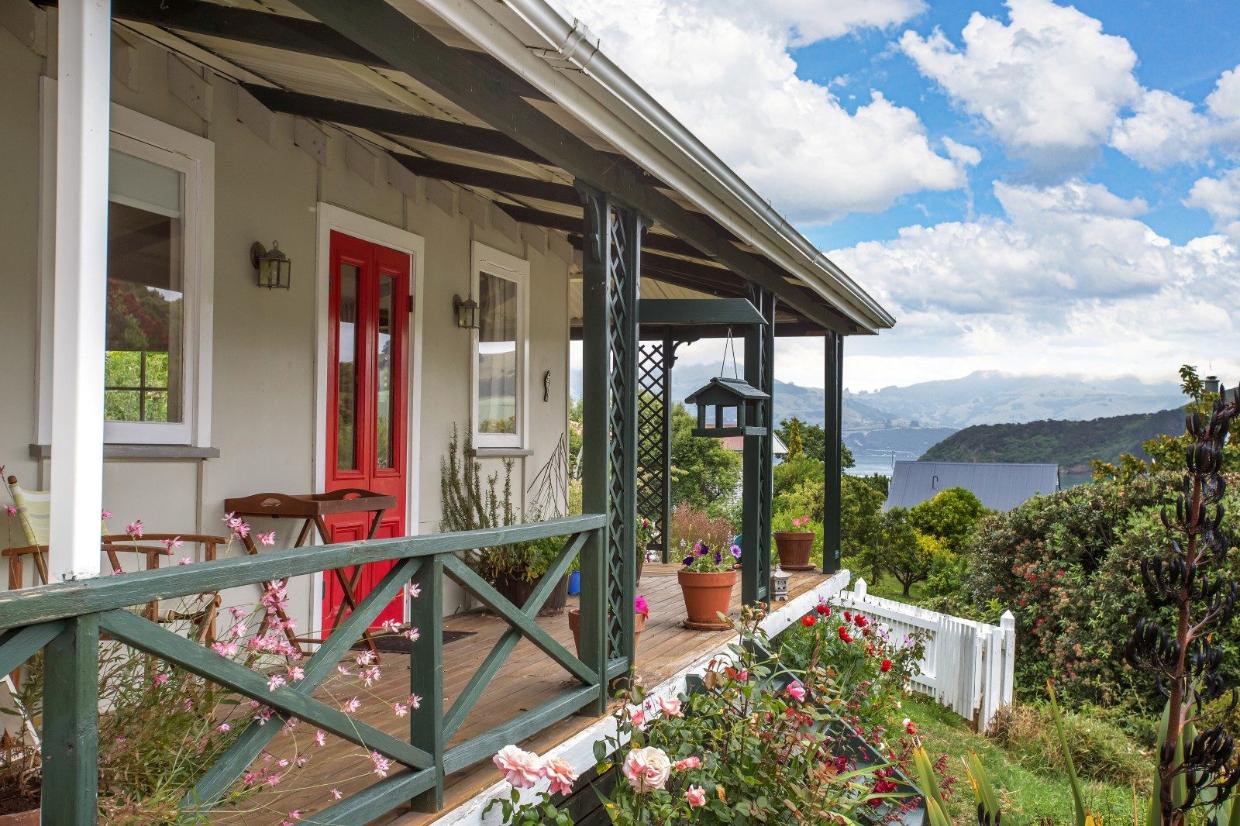
The good life calling: Old telephone exchange cottage is small-town charmer
The old telephone exchange has sweeping views across the harbour.
Search
Other articles you might like
